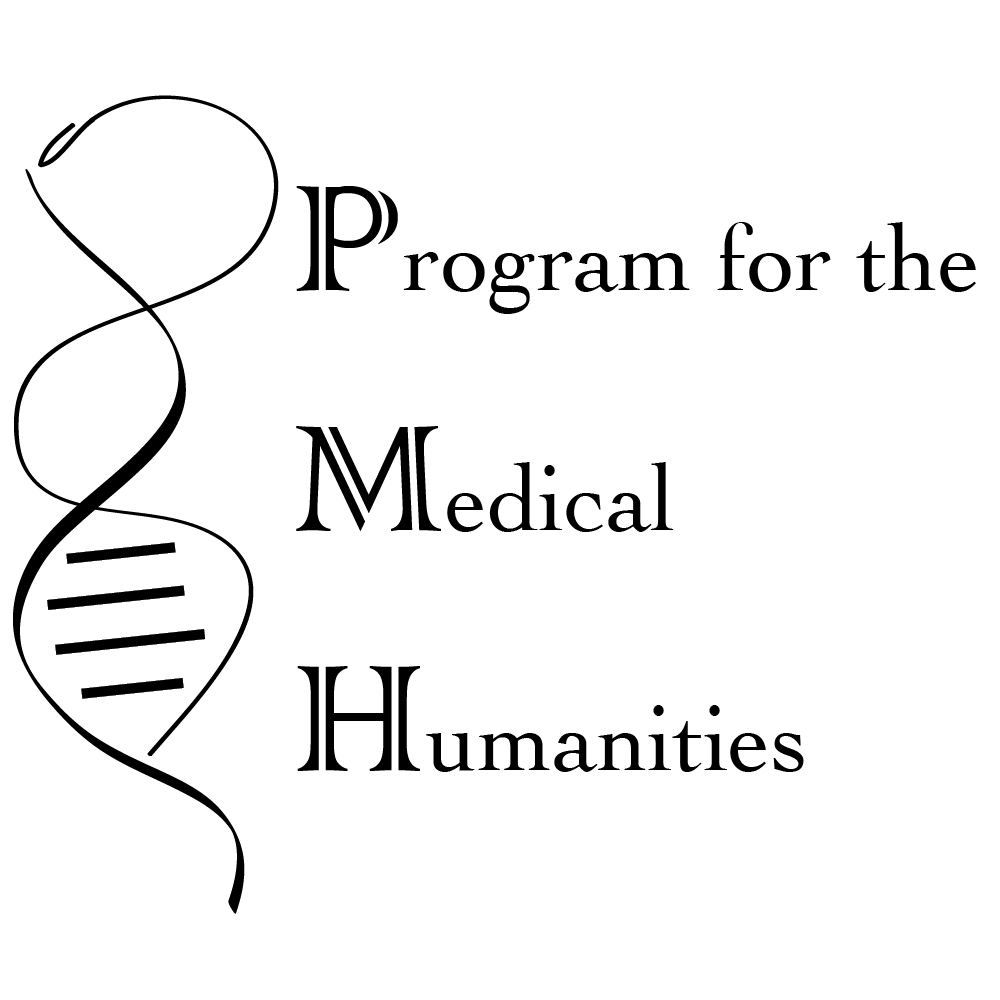 The idea that political collectives have a legitimate role in governing scientific experimentation is well established where the experiments themselves carry immediate risks to the health of research participants, researchers themselves, or environmental quality. Less well understood are public claims to regulate scientific activity not because of any immediate risk, but because there are foreseeable uses of the knowledge that carry potential hazards to health, social stability, or security. In these cases, given the stakes of technoscientific trajectories, should the political collective have the authority to regulate experimental activity “upstream”? If so, how should this be done?
The idea that political collectives have a legitimate role in governing scientific experimentation is well established where the experiments themselves carry immediate risks to the health of research participants, researchers themselves, or environmental quality. Less well understood are public claims to regulate scientific activity not because of any immediate risk, but because there are foreseeable uses of the knowledge that carry potential hazards to health, social stability, or security. In these cases, given the stakes of technoscientific trajectories, should the political collective have the authority to regulate experimental activity “upstream”? If so, how should this be done?
This Working Group discusses these and related questions in the context of two cutting-edge and emerging suites of technology where immediate risks of research are not significant, but where applications could pose serious societal, political and environmental hazards: synthetic biology and geoengineering. These technologies are chosen because issues of governance are immediately pressing, and because they will afford us some interesting comparative perspectives on technological governance more generally. We gather on a regular basis to discuss key texts and cases (e.g. Asilomar in the 1970s, SPICE geoengineering experiments in the UK recently) that show how states have approached this issue in the past, and what options there might be for generating better governance approaches.
Cross-cutting questions for reading and discussion:
1. Scientific liberty and claims of the collective
- What basic claims of autonomy and non-interference are experimenters making and how do accepted legal and ethical understandings support or not support these claims?
- Who exactly is research accountable to? Are regimes of scientific responsibility (such as tort, self-governance, etc.) sufficient for governance, or are there particular claims for public process around transparency, engagement, participation, and “official” independent review.
2. Governance models and co-evolution of technology and institutions
- Given past experience, how are the technologies likely to unfold over time, and how might governance unfold with them?
- Is there a taxonomy of potential oversight regimes for experimentation, and what (if any) would be an ideal one in each case?
3. Interrogating current conceptual underpinnings of regulation:
- Dual Use. How able are “dual use” regimes to balance the important interests of (i) scientific advance and (ii) the management of undesirable technological futures?
- Public/private. How is this dichotomy invoked in the governance of experiment and does this remain an important distinction?
- Research v. deployment. Is this a viable and useful distinction for governance?
4. What metaphors, analogies, and imaginaries are being deployed in these two domains and how do they condition governance?
The Working Group Chairs were Prof. David Winickoff and Dr. Samuel A. Weiss Evans.
This group is made possible by support from the UC Institute on Global Conflict and Cooperation.










